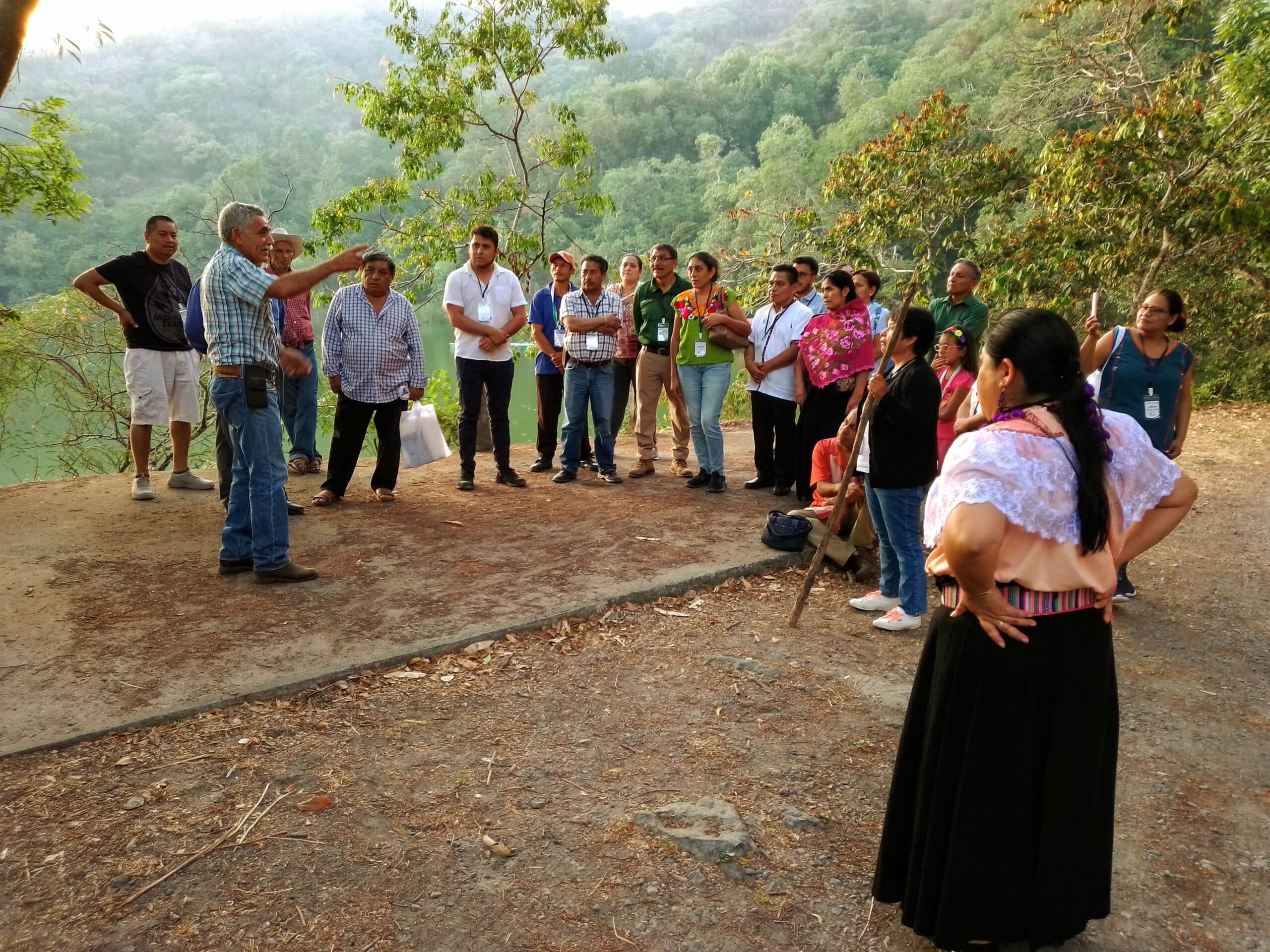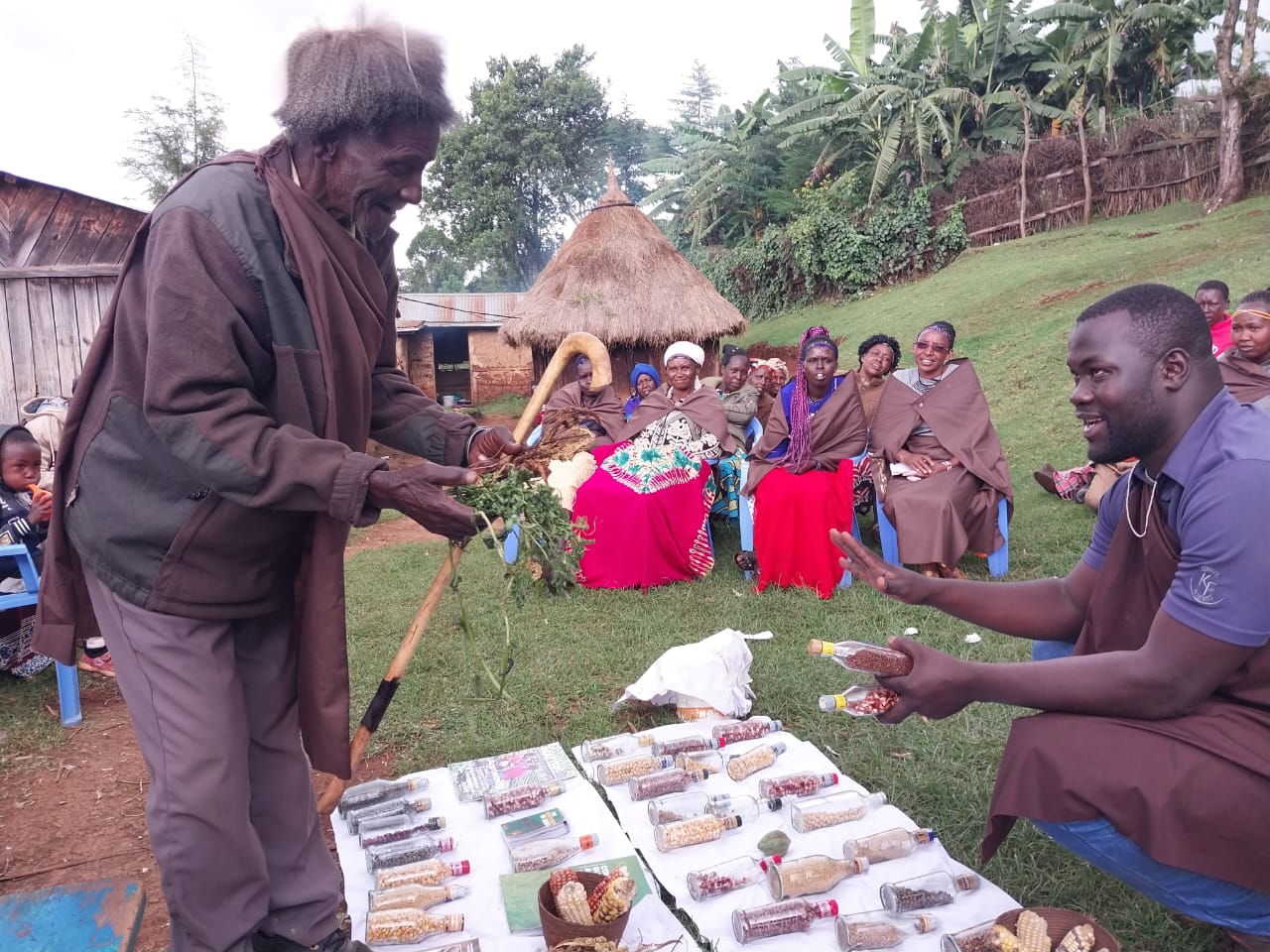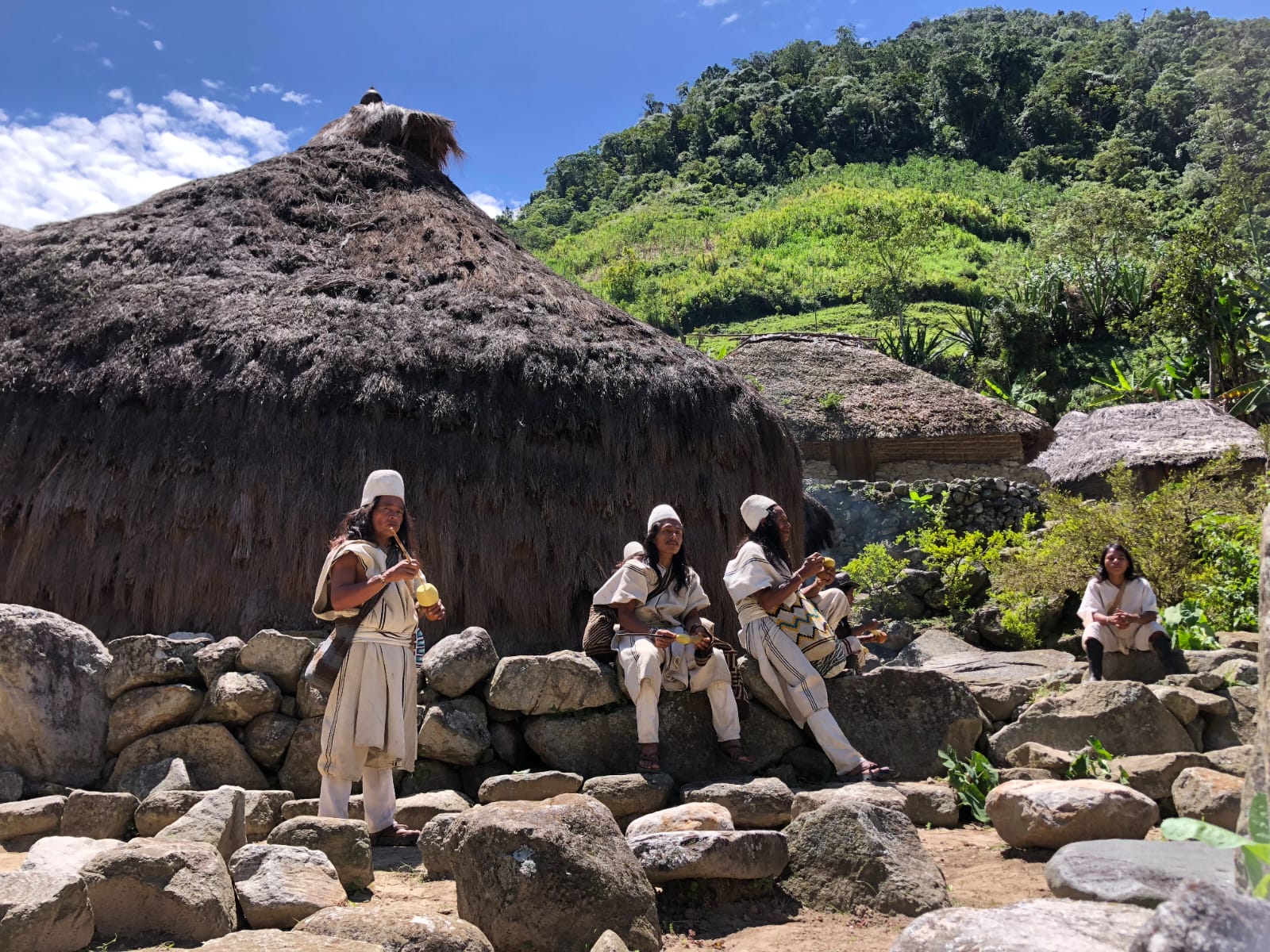According to data collected and presented by Land is Life in the 18th United Nations Permanent Forum on Indigenous Issues (UNFPII), there are a total of 185 records of Indigenous Peoples Living in Isolation (PIAV) in South America, of which 66 are confirmed and 119 are pending confirmation.
In 2007, the Ecuadorian government established a Plan of Precautionary Measures for the Protection of Isolated Indigenous Peoples. The plan mandated the creation of the Tataeri Taromenane Intangible Zone (ZITT), within the Yasuní National Park and defined a 10km diameter buffer zone. The objective was to avoid development activities, mainly extractive, that put at risk the integrity of the ZITT and the people living therein.
In the following year, in a referendum to the Constitution of the Republic of Ecuador, the State explicitly recognized the existence of Isolated Peoples and their fundamental rights. The state declared their territories an “irreducible ancestral possession” and intangible, banning all forms of extractive activity.
These initiatives elevated Ecuador as a leader in the defense and protection of the PIAV. However, the state’s declaration did not lead to any progress, and even now, Ecuador has no public policy codifying the protection of isolated indigenous peoples. In addition, numerous official measures have been taken that put at risk the protection of these peoples including:
Constant reduction of human and financial resources;
Postponement of the development of public policy for the protection of PIAV;
Absence of effective protection initiatives for PIAV and their territories in the face of threats from oil activities, directly promoted by the Ecuadorian State with capital from China, Spain and Ecuador;
Expansion of the agricultural and colonization frontiers, exposing the PIAV to surrounding populations;
Local governments are creating roads and infrastructure adjacent to PIAV populations without proper consultation.
The current administration has further weakened the ability of government agencies to manage and execute the protection of the PIAV by merging the Directorate of Isolated Peoples with the National Secretariate for Policy Management – diluting the original agency’s power and removing their independence. The new organization is now exposed to political pressure by parties who have publically declared their interests to be in opposition to those of the Indigenous Peoples.
Map showing impacts of Decree 751
On May 21, 2019, the government passed Executive Decree 751. This decree is unconstitutional and contradicts the result of the government organized Popular Consultation in February of 2018 and further demonstrates their anti-protection agenda. While Article 2 expands the ZITT by 60,450 hectares, Article 3, then places PIAV in a vulnerable position since it allows the construction of “platforms of hydrocarbon production” in the buffer zone of the ZITT – an invasion that was previously prohibited. On top of intruding on the protected area, such platforms harm the environment, pollute the soil and water, and disturb the ecological system that peoples in isolation depend on. Many scientific studies affirm and verify the presence of these populations outside the ZITT, however, Decree 751 deliberately ignores these studies, even though they have been widely disseminated.
Decree 751 threatens the physical and social integrity of the PIAV that inhabit the interior of Yasuní Park, violating the international standards of protection of the fundamental rights of these peoples. Land is Life makes a public call to action and affirms the countless scientific studies and articles published nationally and internationally, urging the Ecuadorian State to:
Convene civil society, through indigenous and allied organizations, for public consultation within the framework of the provisions of Convention 169 of the ILO, to define the Public Policy of Protection for the PIAV;
Revoke Decree 751 and accept the original mandate of the referendum, that the constitutional precepts be enforced in article 57, on irreducible and intangible ancestral possession of their territories, thus prohibiting any type of extractive activity in the buffer zone and within the ZITT;
Obey the results of the referendum, in which a large majority responded favorably to the increase of the ZITT and the reduction of oil exploitation in the area.



